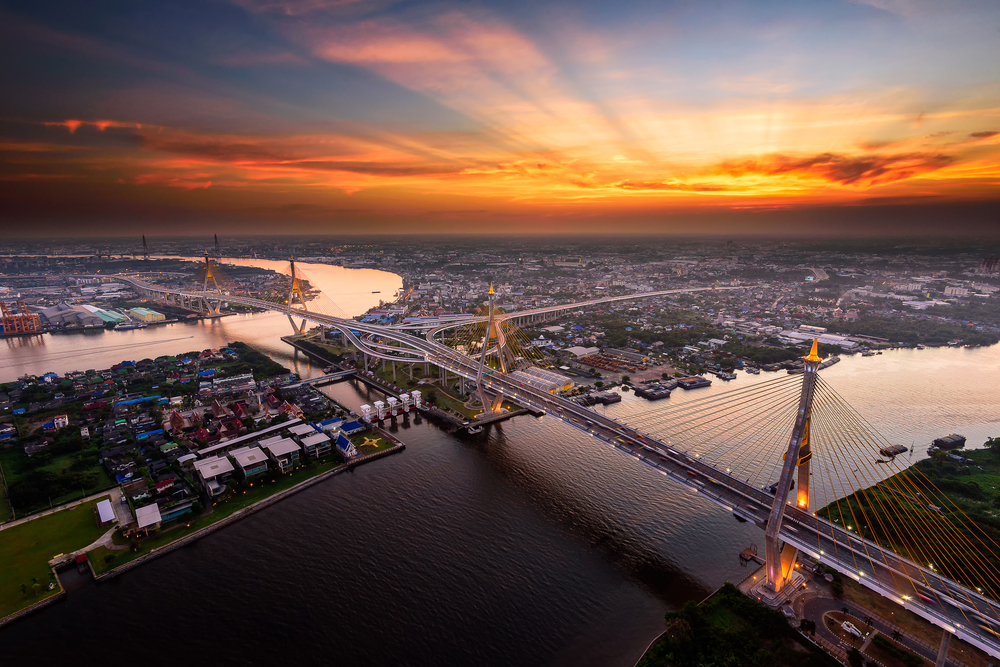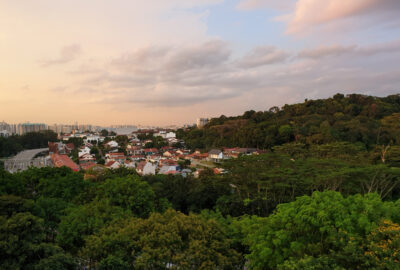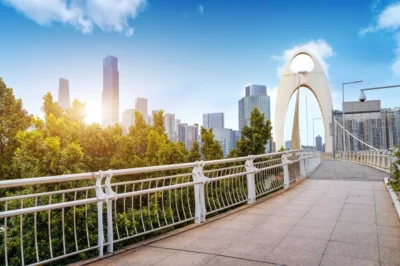Colliers projects Thai industrial estates to expand
State investment and stimulus to uplift 5 to 10 percent growth in 2021

As reported by the Bangkok Post, the Eastern Economic Corridor (EEC) and e-commerce are projected to continue stimulating industrial property growth, partly owing to government investment in infrastructure and transport projects and stimulus plans.
Phattarachai Taweewong, director of research and communications at Colliers International Thailand, mentioned that the industrial estate sector in 2021 should recover compared to 2020.
Boosted by government investments, land sales and leases this year will increase by five to 10 percent on average or 2,500 to 3,000 acres.
“With a development plan started in the EEC area, there will be several industrial estates being prepared for upgrade to a special promotion zone to support targeted industries in the EEC,” Taweewong said.
Along with benefits from the Board of Investment (BoI), there are additional perks to attract investors, such as higher tax incentives and regulation adjustments to ease business operations.
Infrastructure improvements that can facilitate investment and logistics are driving demand to buy or rent industrial estates, which includes the Chachoengsao-Khlong 19-Kaeng Khoi railway, the Kaeng Khoi-Map Ta Phut and Pattaya-Map Ta Phut motorways, the U-tapao airport commercial development, the development of Laem Chabang Port Phase 3, and the Bangkok-Rayong high-speed train.
As stated by Colliers, land sales and leases in industrial estates in H2 2020 faintly dropped by 1.52 percent from 2,183 (2019) to 2,150 acres.
The majority of activity remained in the EEC area, with 1,840 acres accounting for 85 percent of total sales, a 0.29 percent increase from H1 2020.
“The new round of the pandemic late last year caused concerns among industrial estate developers. Many of them reduced or maintained their prices to retain customers,” added Taweewong.
Thailand’s hub of logistics, Bangkok, remained with the highest prices, followed by Samut Prakan and Pathum Thani. However, EEC area caught up with a massive increase in land prices.
The EEC has attracted 313 projects worth THB109 billion (USD3.6 billion).
“We were approached by a lot of foreign investors who were interested in industrial estates. They were seeking warehouses and factories,” said Taweewong. “Most of them were Chinese, Japanese, European, and American.”
More: Stable prices and low interest rates in Thailand show promise for investors
Adam Bell, head of industrial and logistics at CBRE Thailand, mentioned that the logistics market was one of the industries least affected by COVID-19, as Thai consumers were more dependent on e-commerce and the digital economy, creating demand for modern logistics properties (MLP) in Thailand.
Teerawit Limthongsakul, managing director of Nexus Real Estate Advisory Co, said that Thailand remains a top choice for overseas investors in the industrial sector.
“The pandemic was controlled fairly well, while infrastructure and EEC development plans are underway,” he said.
Recommended
Meet the expert helping overseas investors crack Australia’s property market
Ivan Lam of property advisors Charter Keck Cramer helps clients navigate Australia’s complex real estate dynamics
6 spots to check out in Singapore’s Bukit list neighbourhood
The sought-after Singapore neighbourhood offers lifestyle amenities, green space, and new residential projects
Thailand’s real estate sector watches closely as the Shinawatras return to power
Time will tell if the return to power in Thailand of the Shinawatras will lift the country’s ailing real estate sector
China’s homebuying surge: Can new stimulus measures keep the market rally alive?
Stimulus measures have sparked a surge in homebuying activity around China, but many are sceptical the shift will endure








